6 Natural Remedies to Stop Hair Breakage Instantly
Tired of watching your hair snap off like twigs on a breezy day? You’re not alone. Hair breakage is a battle many face, but hold up—there’s hope that doesn’t involve emptying your wallet on expensive treatments.
This is where natural remedies to stop hair breakage strut into the spotlight. They’re not just a cheaper alternative; they often sidestep the harsh chemicals that can actually contribute to the problem.
Strengthening your hair and fostering growth naturally is key to turning those brittle strands into the lush mane you’re after.
This post shows you 6 Natural Remedies to Stop Hair Breakage Instantly.
Busy? Save this pin for later.
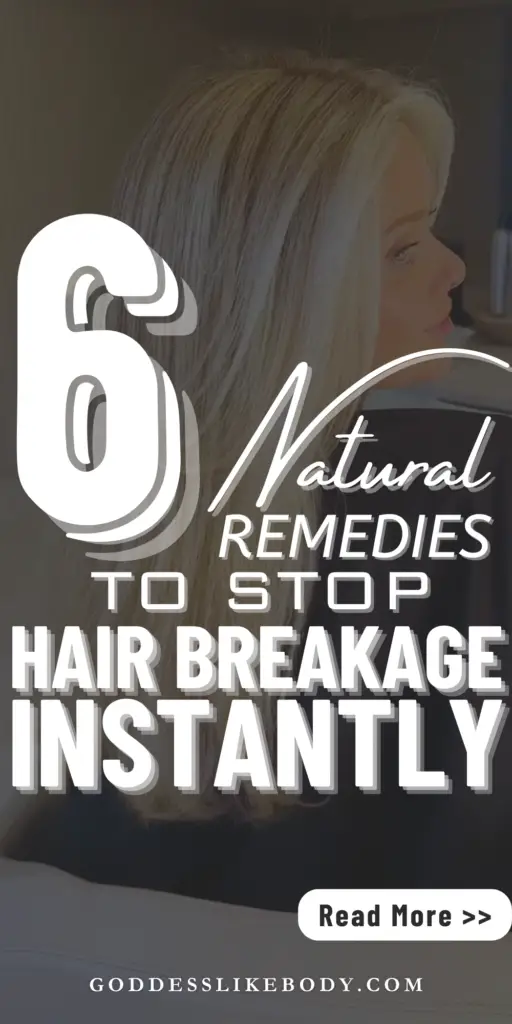
Coconut Oil
Coconut oil has become a staple for many looking to improve their hair health naturally.
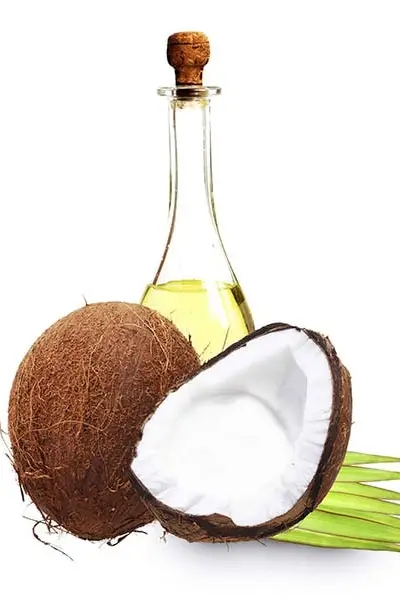
Known for its moisturizing and strengthening properties, coconut oil is packed with fatty acids, particularly lauric acid, which can penetrate the hair shaft more effectively than many other oils.
This unique ability allows it to reduce protein loss in hair, a common issue for those with damaged or treated hair.
Benefits
One of the standout benefits of using coconut oil is its potential to reduce hair breakage. By penetrating the hair shaft, coconut oil helps to replenish moisture and strengthen the hair from within, making it less prone to breakage.
How to Use Coconut Oil Effectively
To harness the full potential of coconut oil, consider making a hair mask. Start by warming up two tablespoons of organic, unrefined coconut oil.
Apply it evenly to damp hair, focusing on the ends where breakage most often occurs. For an even distribution, part your hair and work in sections, securing strands away from your face with hair clips.
After coating your hair, cover it with a shower cap and let the mask sit for one to two hours, or even overnight for deep conditioning.
When it’s time to rinse, use lukewarm water and follow up with your regular shampooing routine.
Egg Mask Treatment
Nutritional Benefits
Egg masks are a treasure trove of benefits for your hair, primarily due to the rich protein content in eggs. Protein is essential for hair since it makes up the hair shaft and helps prevent breakage and split ends.
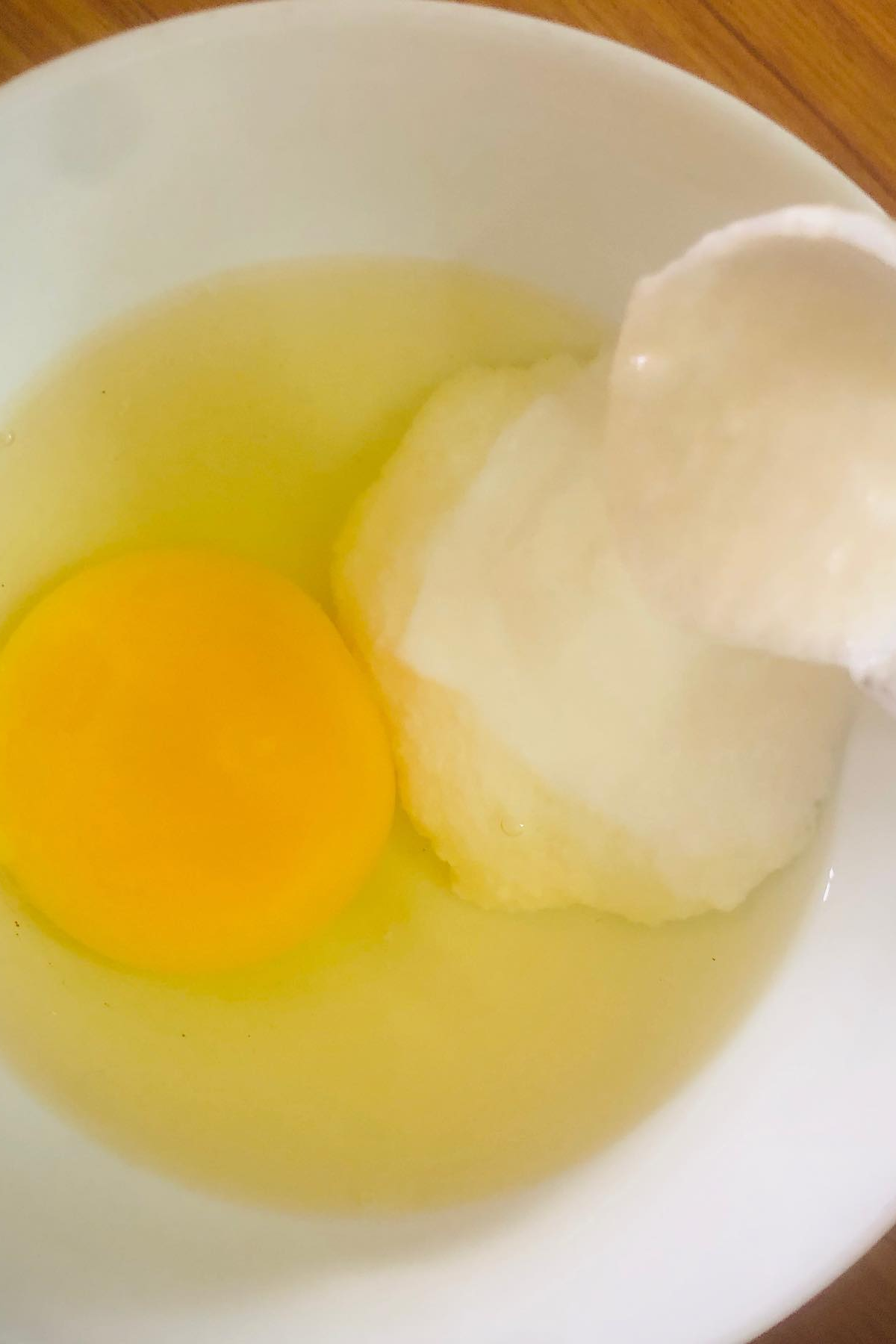
Eggs are loaded with biotin, folate, and various vitamins such as A, E, and B-complex, which are crucial for hair strength and health.
These nutrients not only help in strengthening the roots but also promote hair growth by nourishing the follicles. The high fat content, particularly lecithin in egg yolks, acts as a natural moisturizer, enhancing the softness and sheen of your hair.
Preparation and Application Instructions
Creating an egg hair mask is quite straightforward. Start by mixing two to three whole eggs with a few drops of lemon juice to minimize the egg scent.
Whip the mixture until frothy. Apply this blend to your hair using your hands, ensuring even coverage from the roots to the tips.
For best results, cover your hair with a shower cap and leave the mask on for about 20 minutes; the mixture will feel sticky as it dries.
Afterward, rinse your hair with cool water—hot water might cook the egg, leading to clumps. Follow up with your usual shampoo and conditioning routine.
Aloe Vera
Aloe Vera is celebrated for its rich content of vitamins and minerals, making it an excellent choice for hair health.
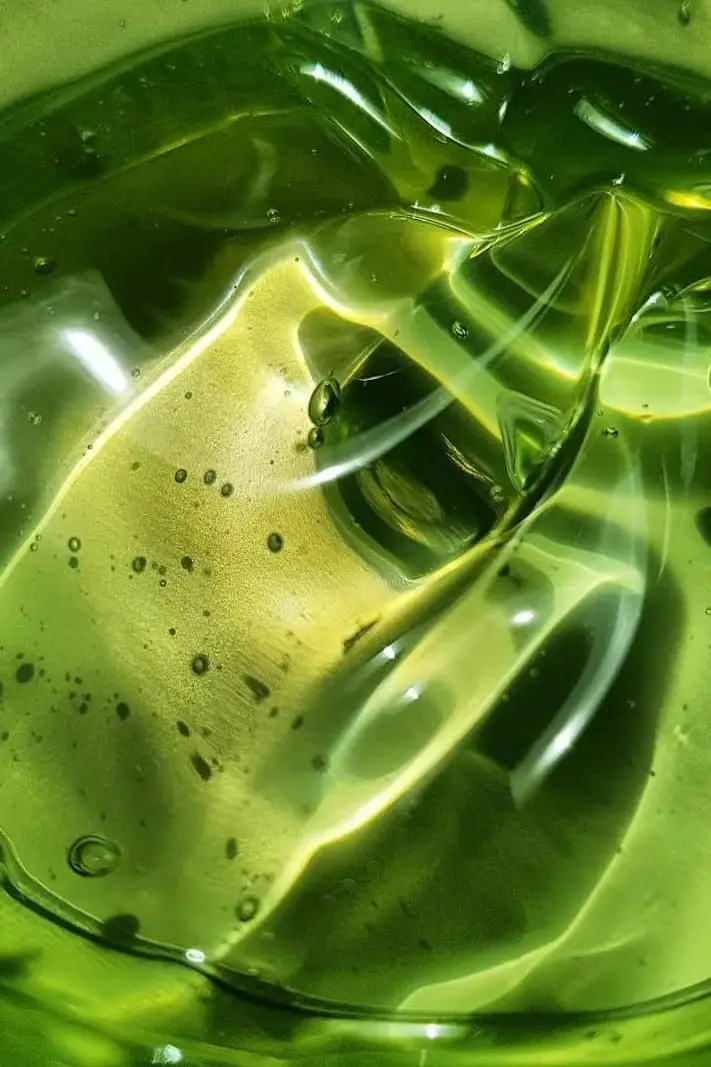
This plant is packed with 75 active ingredients including vitamins A, C, E, B12, and choline, all known for their benefits to hair follicles and overall hair health.
The presence of essential amino acids and important minerals like copper and zinc enhances its capability to foster robust hair growth and prevent hair loss.
Vitamins and Minerals in Aloe Vera
The nutritional profile of Aloe Vera is quite impressive, containing a plethora of vitamins and minerals that are essential for maintaining healthy hair.
The antioxidant vitamins such as A, C, and E contribute to cell turnover, promoting healthy cell growth and giving your hair a shiny appearance.
Vitamin B12 and folic acid are crucial too; they help prevent hair fall by keeping the hair follicles healthy and robust.
Step-by-Step Application Guide
To leverage the benefits of Aloe Vera for your hair, you can apply it in various forms, from raw gel to hair masks. Here’s a simple guide to using Aloe Vera gel:
- Extract the Gel: Cut a leaf from an Aloe Vera plant, slice it open, and scoop out the gel.
- Apply: Massage the gel directly onto your scalp and through your hair. Leave it for about an hour.
- Rinse: Wash your hair with a mild shampoo to remove the gel.
For a more nourishing treatment, mix Aloe Vera gel with ingredients like honey, jojoba oil, or egg whites.
Apply this mixture as a mask, cover with a shower cap, and let it sit for up to an hour for deep conditioning.
Avocado
Nutrients in Avocado
Avocados are a powerhouse of nutrients, particularly beneficial for your hair.
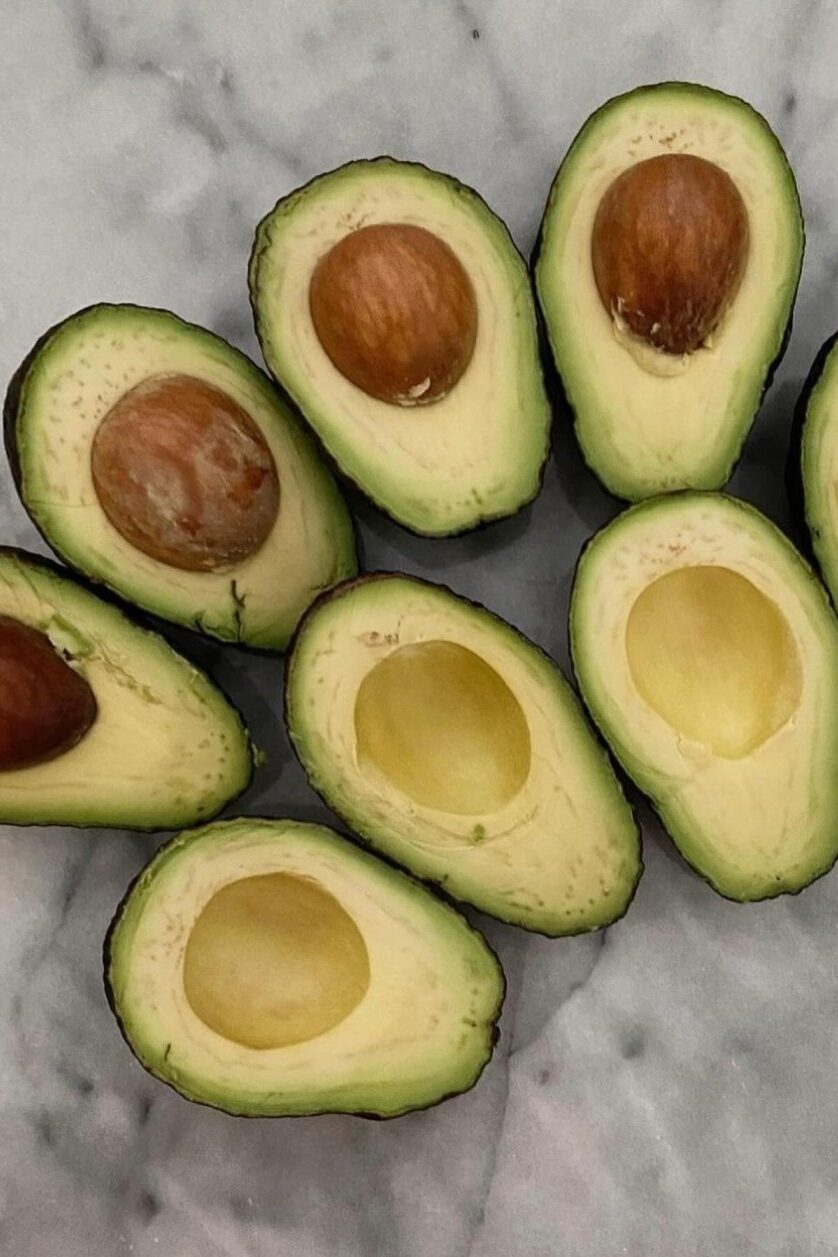
They are rich in polyunsaturated and monounsaturated fatty acids, which are the good fats that help moisturize and nourish your hair, especially if it’s dry or dehydrated.
The fruit is also an excellent source of biotin, a B-complex vitamin that plays a crucial role in the overall health of your hair by potentially aiding in faster and healthier hair growth.
Creating an Avocado Hair Mask
Creating an avocado hair mask at home is both simple and cost-effective. You likely have all the ingredients you need right in your kitchen.
For a basic mask, mash one ripe avocado and mix it with two to three tablespoons of coconut oil. This combination is perfect for achieving smooth, shiny hair.
Begin by applying the mask from the tips of your hair, gradually working your way up to the scalp.
For a more intensive treatment, you can add ingredients like olive oil, lemon juice, or honey, depending on your hair’s needs.
For instance, combining avocado with olive oil and lemon juice can create a mixture that not only moisturizes but also helps in reducing dandruff due to lemon’s antifungal properties.
Apple Cider Vinegar
Balancing pH Levels
Apple cider vinegar (ACV) is celebrated not just for its well-researched health properties but also for its role in hair care, particularly in balancing the pH levels of your hair.
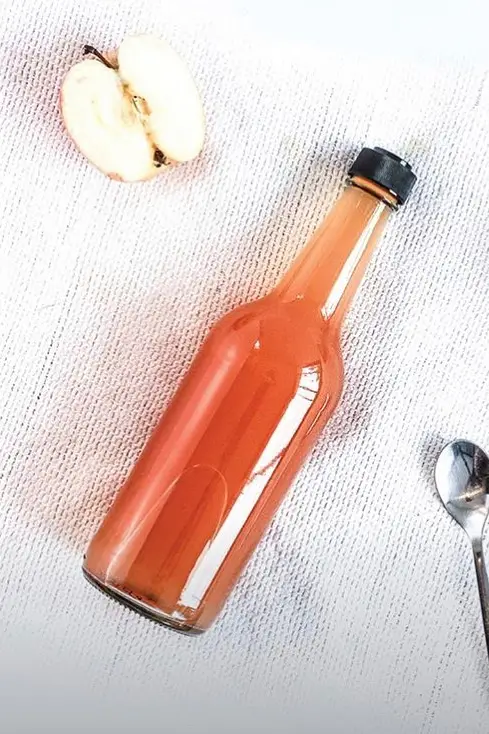
When your hair appears dull, brittle, or frizzy, it’s often a sign of being too alkaline. ACV, an acidic substance, can help counteract this by lowering the pH level, which brings your hair health back into balance.
This adjustment to the acidity can enhance the smoothness, strength, and shine of your hair.
Usage Instructions
To incorporate ACV into your hair care routine, start by mixing 2 to 4 tablespoons of apple cider vinegar with 16 ounces of water.
After you’ve shampooed and conditioned your hair, pour this mixture over your hair evenly, making sure to work it into your scalp.
Let it sit for a couple of minutes to allow the ACV to penetrate and work its magic. Following this, rinse your hair thoroughly.
For those sensitive to the smell of vinegar, adding a few drops of essential oil to the mixture can help mask the scent, which should also dissipate quickly after rinsing.
Regular use of this rinse can be a game-changer for your hair, ideally incorporating it a couple of times a week into your regimen for optimal results.
Adjust the frequency and concentration of ACV based on your hair’s response, ensuring it always remains within a healthy balance.
Banana Hair Mask
Moisture and Elasticity Benefits
Bananas are a boon for your hair, loaded with silica that helps in collagen synthesis, making your hair stronger and thicker.
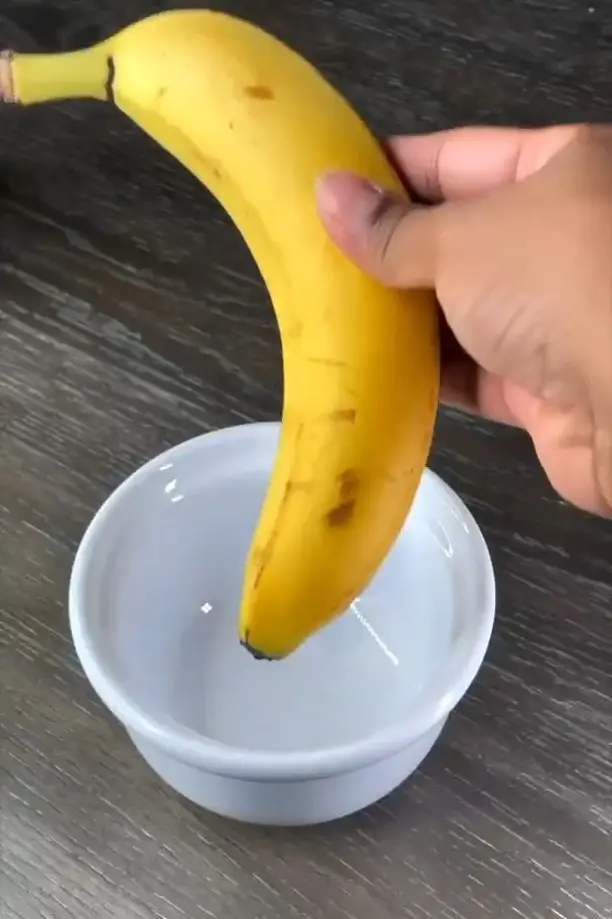
This natural ingredient is not just about improving the texture but also about enhancing the health of your hair. The high silica content in bananas aids in transforming frizzy hair into smooth and manageable locks.
Moreover, the antioxidants present in bananas provide a robust defense system for your scalp and hair, helping to prevent damage and promote hair growth.
Their rich potassium and natural oils content boosts the hair’s natural elasticity, preventing split ends and breakage.
If you’re battling with dandruff, a banana mask can be particularly beneficial as it moisturizes the scalp, reducing dryness and eliminating microbial pathogens that cause dandruff.
How to Make and Apply a Banana Mask
Creating a banana hair mask is straightforward and can be a delightful treat for your hair. Start by mashing one ripe banana until it forms a smooth, creamy paste.
To enhance the mask’s conditioning power, mix the mashed banana with 1 tablespoon of extra virgin olive oil, which is rich in fatty acids, or coconut oil, and add 3-5 drops of hydrating pure Marula oil for an extra-rich texture.
Apply this mixture to slightly damp or dry hair. You can choose to cover your entire scalp and hair length or just from mid-shaft to the ends if your hair is particularly long or dry and needs more intense conditioning.
After applying, cover your hair with a shower cap to allow the mask to deeply penetrate the hair shaft. Leave the mask on for about 30 minutes, then rinse thoroughly with lukewarm water.
Conclusion
Navigating through natural remedies to stop hair breakage can unlock a treasure trove of health benefits for your tresses, ranging from the deep conditioning powers of coconut oil to the nutrient-packed banana hair mask.
These remedies stand out for their ability to not just prevent breakage but also promote overall hair health and growth, transforming brittle strands into a radiant, strong mane.
As we journeyed from the protein-rich egg mask treatment to the pH-balancing wonders of apple cider vinegar, the significance of each treatment in maintaining the hair’s natural beauty and strength became undeniably clear.




